
Since 2017, the Center for Eurasian Studies (AVİM) has been advancing the concept of Constructive Eurasianism. Like any intellectual endeavor that needs to be discussed objectively and brings a new dimension to stereotyped ideas, this new concept also occasionally requires reflection to understand its origins and relevance. This process is akin to pausing for a coffee break at a rest area during a long drive, providing an opportunity to revisit and reaffirm the logic behind its proposition to readers.[1]
Even before 2017, and particularly within that year, AVİM highlighted the emerging shifts in global alignments in post-Brexit era and after German Chancellor Angela Merkel’s Munich speech. The center posed critical questions: Why should Türkiye limit its relations only to 'the West' when Western nations themselves are reassessing their global roles? Is adhering to the outdated concept of the 'Western bloc'—where Türkiye is seen as merely the eastern-most outpost—still beneficial? Exploring new opportunities for engagement with Eastern nations could, indeed, align more closely with Türkiye's interests.[2]
Recent years have seen significant changes both in the West, as well as in the East. It was against this backdrop that AVİM embraced the concept of 'Eurasia,' a vast landmass spanning from the Atlantic to the Pacific, with Türkiye strategically positioned at its core. This perspective fostered the development of 'Constructive Eurasianism,' promoting a positive approach to regional dynamics. Events in Ukraine, Romania, Georgia, Moldova, and the Near East have underscored the validity of this approach. As we move into 2025, it is essential to reflect on how Constructive Eurasianism has contributed to academic discourse so far.
Constructive Eurasianism has enriched academic literature by defining new concepts such as 'Constructive Eurasianism', 'Nexus Between East and West'. It has reinterpreted and emphasized the importance of existing terms which include 'Eurasia', 'Strategic Autonomy', 'Balanced Approach', 'Regional Cooperation' 'Rejection of Anti-Westernism', 'Stability and Security' in regional dynamics.
Constructive Eurasianism advocates for Türkiye to balance its Western ties with Eastern opportunities, positioning it as a unique nexus between Europe and Asia. This geopolitical approach promotes regional cooperation across Eurasia, emphasizes strategic autonomy, and values stability and security. It seeks to explore new syntheses by rediscovering the East and acknowledges the role of international institutions. This strategy aims to correctly analyze and manage the manipulations that create regional destabilization and the efforts to re-establish stability following this destabilization, and to develop Türkiye’s role as a stabilizing force that respects neighboring sovereignties and supports their development and Euro-Atlantic aspirations.[3]
Eurasia, geographically defined, extends from Lisbon to Vladivostok, with Türkiye strategically positioned at its core. Within the framework of Constructive Eurasianism, 'strategic autonomy' refers to a nation's capacity to independently determine its foreign policy and security priorities. This concept advocates for a balanced approach that upholds existing international partnerships while exploring new cooperative avenues, aiming to avoid rivalries or antagonisms.[4]
A balanced approach enables a country to maintain its existing institutionalized relationships while exploring new opportunities for cooperation and engagement. This strategic pursuit aims to position the country effectively within the evolving global landscape, ensuring it does so without fostering rivalries or antagonisms.
Constructive Eurasianism defines the rejection of anti-Westernism as a commitment to sustain and value established Western connections while also seeking new cooperation opportunities with Eastern partners. This approach recognizes the West's valuable contributions to global development without ignoring historical contexts or sacrificing strategic autonomy.[5]
The concept of 'nexus between East and West' is central to Constructive Eurasianism. It defines a country's role as a conduit that bridges diverse civilizational spheres, enhancing dialogue and cooperation across the Eurasian landmass.
By the end of 2024, Constructive Eurasianism had begun to emphasize the terms 'stability' and 'security.' It defines stability for any country as maintaining a balanced geopolitical orientation that upholds strategic autonomy and regional cooperation, and respects international institutions. This approach navigates through cycles of destabilization and restabilization, aiming to secure long-term peace, economic growth, and social cohesion without compromising sovereignty or fostering new rivalries [6].
Building on the term of stability, Constructive Eurasianism defines security as a country's ability to protect its stability through a comprehensive approach. This includes addressing both traditional and non-traditional threats, leveraging multilateral efforts and strategic partnerships, enhancing resilience against external pressures and internal vulnerabilities, and maintaining independent decision-making in foreign policy and security. This framework aims to contribute to regional peace and cooperation [7].
In conclusion, since its inception, the concept of, Constructive Eurasianism has made significant contribution to academic discourse and policy analysis by promoting a balanced geopolitical orientation for Türkiye. This approach not only redefines Türkiye's interactions on the global stage but also enhances its strategic autonomy by emphasizing stability and security. Through fostering connections with both Eastern and Western partners, it positions Türkiye as a pivotal nexus that bridges diverse civilizational spheres. In the coming period, instead of supporting and glorifying destabilization, conflict, war and hegemonic approaches, we should focus on bona fide cooperation, multifaceted and cooperative international relations strategy.
In this context, it should be underlined that the concept of "Constructive Eurasianism" is not a utopian approach, but on the contrary, a realistic approach that correctly diagnoses the challenges in the Eurasian geography, proposes cooperation for peace, stability and tranquility, and emphasizes the importance of remembering the long-forgotten principle of the indivisibility of security. It is believed that it would be beneficial for those who created the principle of "indivisibility of security" 50 years ago to remember the importance of this principle for the West and the East, and therefore for the Eurasian geography.
As mentioned in 1974 Helsinki Final Act, we should recognize “the close link between peace and security in Europe and in the world as a whole and conscious of the need for each of them to make its contribution to the strengthening of world peace and security and to the promotion of fundamental rights, economic and social progress and well-being for all peoples.”[8] We believe that it is time to understand that being in a constant state of conflict will not bring lasting benefit to any country.
[1] Teoman Ertuğrul Tulun and Mehmet Oğuzhan Tulun, "A Constructive Approach: AVİM in a Polarized World," Center for Eurasian Studies (AVİM), May 26, 2021, https://avim.org.tr/en/Yorum/A-CONSTRUCTIVE-APPROACH-AVIM-IN-A-POLARIZED-WORLD. ; Mehmet Oğuzhan Tulun and Teoman Ertuğrul Tulun, "The Necessity of Constructive Eurasianism," Center for Eurasian Studies (AVİM), Commentary No. 2017/51, June 12, 2017, https://avim.org.tr/en/Yorum/THE-NECESSITY-OF-CONSTRUCTIVE-EURASIANISM
[2] Teoman Ertuğrul Tulun, "EU's New Central Asia Strategy and Notion of Constructive Eurasianism," Center for Eurasian Studies (AVİM), Commentary No. 2019/68, December 31, 2019, https://avim.org.tr/en/Yorum/EU-S-NEW-CENTRAL-ASIA-STRATEGY-AND-NOTION-OF-CONSTRUCTIVE-EURASIANISM .
[3] Teoman Ertuğrul Tulun, "Turkey's Interests and Constructive Eurasianism," Center for Eurasian Studies (AVİM), May 5, 2022, https://avim.org.tr/en/Yorum/TURKEY-S-INTERESTS-AND-CONSTRUCTIVE-EURASIANISM .
[4] Teoman Ertuğrul Tulun, "Is Eurasianism a Monolithic Construct?" Minsk Dialogue, January 19, 2024, https://minskdialogue.by/en/research/opinions/is-eurasianism-a-monolithic-construct .
[5] Mehmet Oğuzhan Tulun and Teoman Ertuğrul Tulun, "The Necessity of Constructive Eurasianism," Center for Eurasian Studies (AVİM), Commentary No. 2017/51, June 12, 2017, https://avim.org.tr/en/Yorum/THE-NECESSITY-OF-CONSTRUCTIVE-EURASIANISM
[6] Georgia's Crossroads: Stability and Sovereignty," Center for Eurasian Studies (AVİM), December 14, 2023, https://avim.org.tr/en/Analiz/GEORGIA-S-CROSSROADS-STABILITY-AND-SOVEREIGNTY
[7] Teoman Ertuğrul Tulun, "Cycle of Destabilization and Restabilization: Impacts on Balkan Democracies," Center for Eurasian Studies (AVİM), January 8, 2025, https://avim.org.tr/en/Analiz/CYCLE-OF-DESTABILIZATION-AND-RESTABILIZATION-IMPACTS-ON-BALKAN-DEMOCRACIES .
[8] Conference on Security and Co-Operation in Europe, "Final Act," August 1, 1975, https://www.osce.org/files/f/documents/5/c/39501.pdf.
© 2009-2025 Center for Eurasian Studies (AVİM) All Rights Reserved
No comments yet.
-
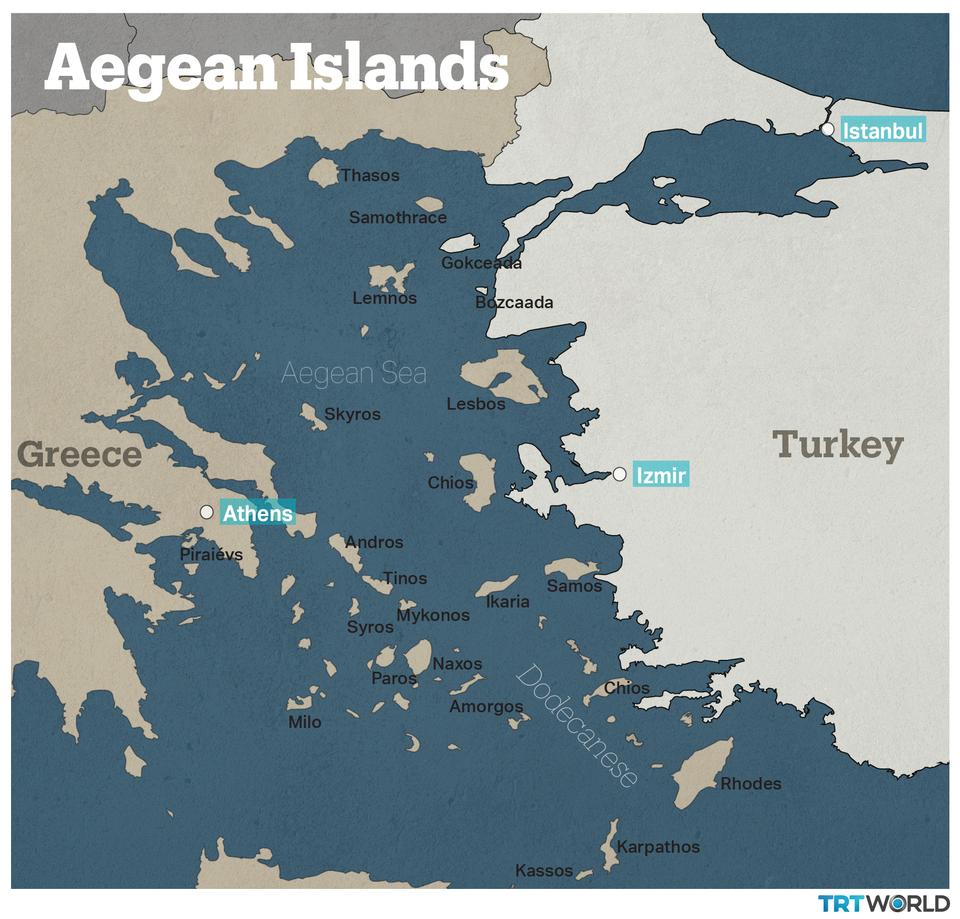 WHAT WILL RUSSIA DO IN RESPONSE TO THE REVISIONIST MILITARIZATION OF THE DODECANESE BY GREECE?
WHAT WILL RUSSIA DO IN RESPONSE TO THE REVISIONIST MILITARIZATION OF THE DODECANESE BY GREECE?
Teoman Ertuğrul TULUN 01.08.2022 -
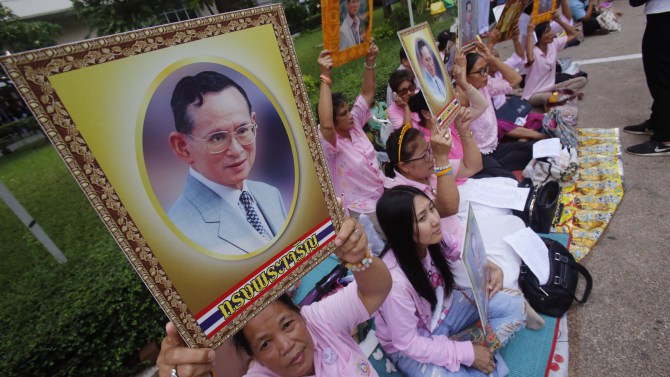 THE SHATTERING OF REGIONAL ANCHOR FOR STABILITY: THE PASSING OF KING BHUMIBOL ADULYADEJ
THE SHATTERING OF REGIONAL ANCHOR FOR STABILITY: THE PASSING OF KING BHUMIBOL ADULYADEJ
Teoman Ertuğrul TULUN 28.11.2016 -
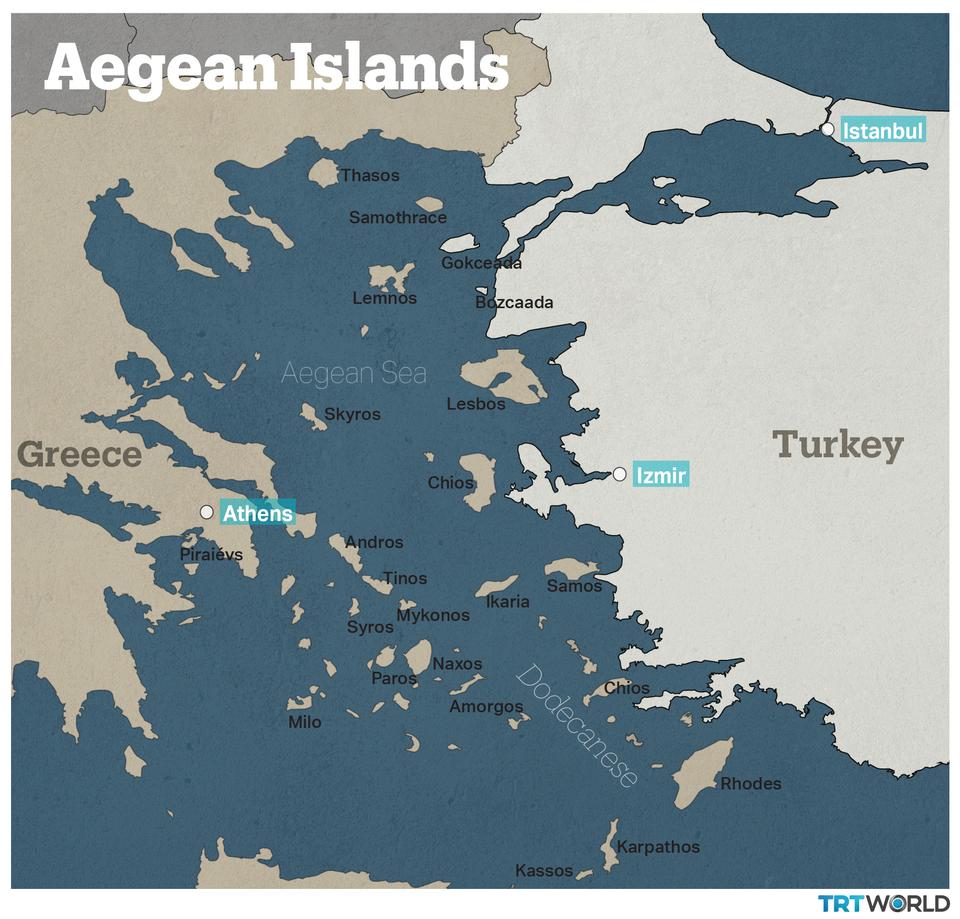 RUSSIA’S REACTION AGAINST GREECE'S HOSTILE BEHAVIORS AND VIOLATIONS OF THE DEMILITARIZATION PROVISIONS OF THE 1947 PARIS TREATY
RUSSIA’S REACTION AGAINST GREECE'S HOSTILE BEHAVIORS AND VIOLATIONS OF THE DEMILITARIZATION PROVISIONS OF THE 1947 PARIS TREATY
Teoman Ertuğrul TULUN 29.12.2022 -
 THE REPUBLIC OF KAZAKHSTAN: INITIATOR OF THE ORGANIZATION OF TURKIC STATES
THE REPUBLIC OF KAZAKHSTAN: INITIATOR OF THE ORGANIZATION OF TURKIC STATES
Teoman Ertuğrul TULUN 06.01.2022 -
 A GREEK PONTUS TV DRAMA MAKES MOCKERY OF HISTORICAL FACTS
A GREEK PONTUS TV DRAMA MAKES MOCKERY OF HISTORICAL FACTS
Teoman Ertuğrul TULUN 31.08.2020
-
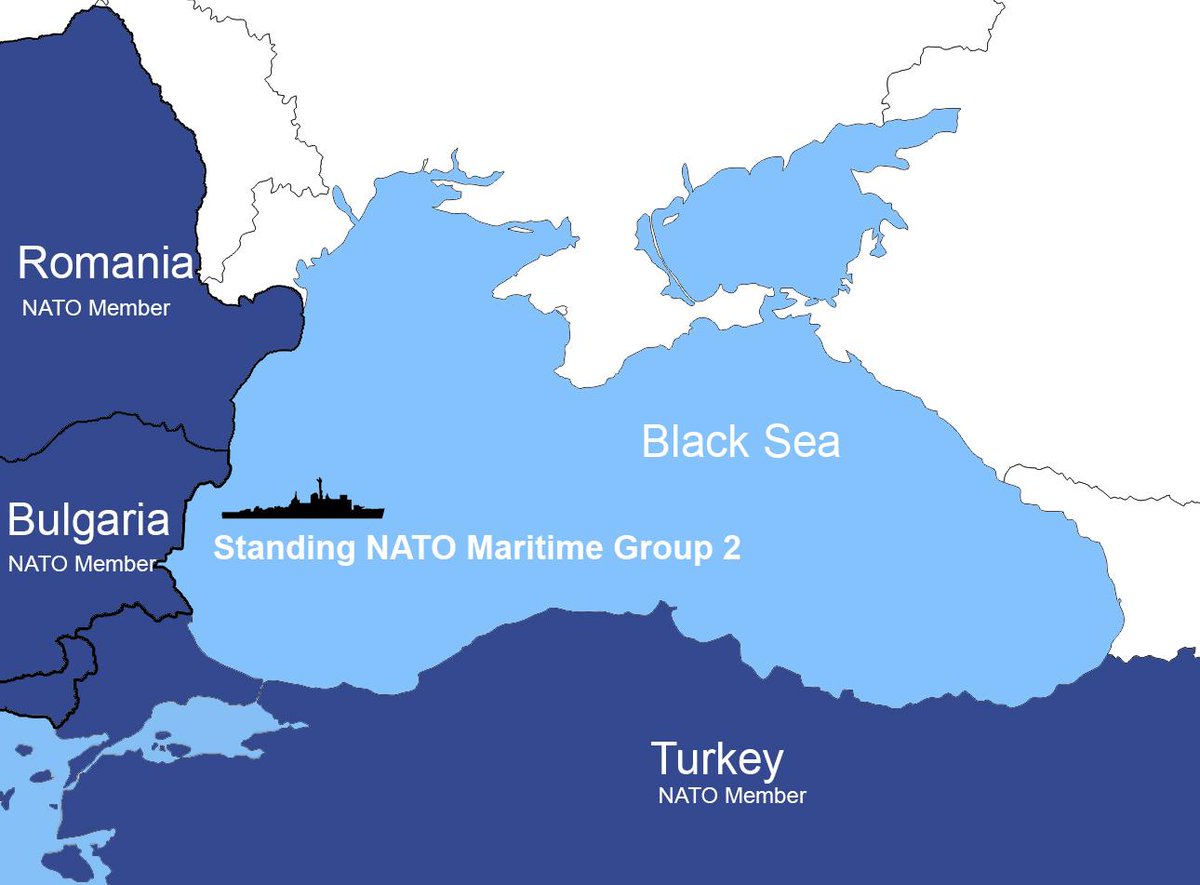 THE US’ BLACK SEA STRATEGY AND TÜRKİYE FACTOR
THE US’ BLACK SEA STRATEGY AND TÜRKİYE FACTOR
Turgut Kerem TUNCEL 04.12.2023 -
 THE IMPORTANCE OF 2015 FOR TURKEY AND THE MOVIE “WATER DIVINER” - Hande APAKAN
THE IMPORTANCE OF 2015 FOR TURKEY AND THE MOVIE “WATER DIVINER” - Hande APAKAN
Hande Apakan 09.03.2015 -
THE DIASPORA’S CLAIM FOR COMPENSATION
Alev KILIÇ 11.10.2012 -
THE MOSCOW SUMMIT OF THE COLLECTIVE SECURITY TREATY ORGANIZATION
Alev KILIÇ 23.12.2012 -
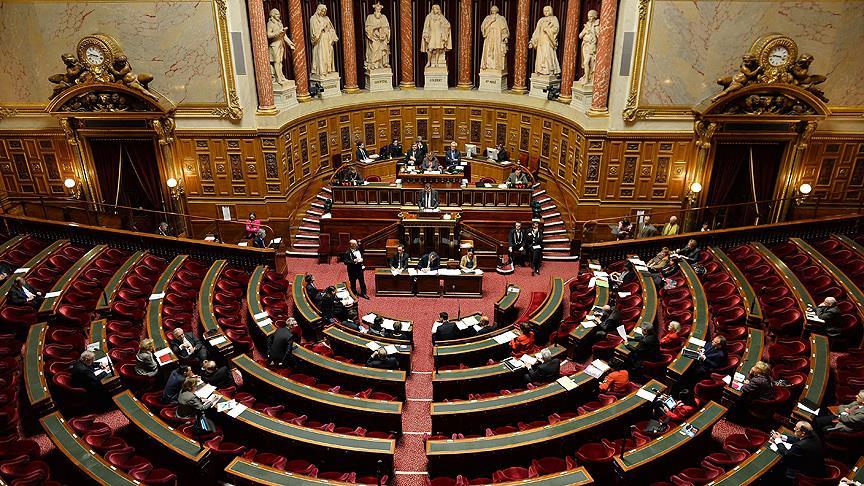 FRANCE ADAMANT IN COUNTERING TURKEY
FRANCE ADAMANT IN COUNTERING TURKEY
Ali Murat TAŞKENT 25.10.2016
-
25.01.2016
THE ARMENIAN QUESTION - BASIC KNOWLEDGE AND DOCUMENTATION -
12.06.2024
THE TRUTH WILL OUT -
27.03.2023
RADİKAL ERMENİ UNSURLARCA GERÇEKLEŞTİRİLEN MEZALİMLER VE VANDALİZM -
17.03.2023
PATRIOTISM PERVERTED -
23.02.2023
MEN ARE LIKE THAT -
03.02.2023
BAKÜ-TİFLİS-CEYHAN BORU HATTININ YAŞANAN TARİHİ -
16.12.2022
INTERNATIONAL SCHOLARS ON THE EVENTS OF 1915 -
07.12.2022
FAKE PHOTOS AND THE ARMENIAN PROPAGANDA -
07.12.2022
ERMENİ PROPAGANDASI VE SAHTE RESİMLER -
01.01.2022
A Letter From Japan - Strategically Mum: The Silence of the Armenians -
01.01.2022
Japonya'dan Bir Mektup - Stratejik Suskunluk: Ermenilerin Sessizliği -
03.06.2020
Anastas Mikoyan: Confessions of an Armenian Bolshevik -
08.04.2020
Sovyet Sonrası Ukrayna’da Devlet, Toplum ve Siyaset - Değişen Dinamikler, Dönüşen Kimlikler -
12.06.2018
Ermeni Sorunuyla İlgili İngiliz Belgeleri (1912-1923) - British Documents on Armenian Question (1912-1923) -
02.12.2016
Turkish-Russian Academics: A Historical Study on the Caucasus -
01.07.2016
Gürcistan'daki Müslüman Topluluklar: Azınlık Hakları, Kimlik, Siyaset -
10.03.2016
Armenian Diaspora: Diaspora, State and the Imagination of the Republic of Armenia -
24.01.2016
ERMENİ SORUNU - TEMEL BİLGİ VE BELGELER (2. BASKI)
-
AVİM Conference Hall 24.01.2023
CONFERENCE TITLED “HUNGARY’S PERSPECTIVES ON THE TURKIC WORLD"









